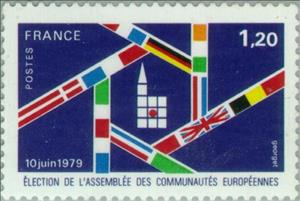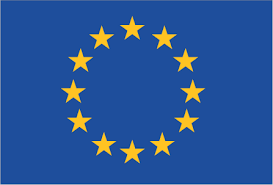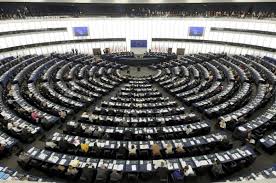Stamp: Election of the Assembly of the European Communities 10 June (France 1979)
Election of the Assembly of the European Communities 10 June (France 1979)
21 May (France ) within release Event goes into circulation Stamp Election of the Assembly of the European Communities 10 June face value 1.20 French franc
| Stamp Election of the Assembly of the European Communities 10 June in catalogues | |
|---|---|
| Yvert et Tellier: | Yt:FR 2050 |
| Michel: | Mi:FR 2154 |
Stamp is horizontal format.
Stamp Election of the Assembly of the European Communities 10 June it reflects the thematic directions:
A flag is a piece of fabric (most often rectangular or quadrilateral) with a distinctive design that is used as a symbol, as a signaling device, or as decoration. The term flag is also used to refer to the graphic design employed, and flags have since evolved into a general tool for rudimentary signalling and identification, especially in environments where communication is similarly challenging (such as the maritime environment where semaphore is used). National flags are patriotic symbols with varied wide-ranging interpretations, often including strong military associations due to their original and ongoing military uses. Flags are also used in messaging, advertising, or for other decorative purposes. The study of flags is known as vexillology, from the Latin word vexillum, meaning flag or banner.
The European Union (EU) is a supranational political and economic union of 27 member states that are located primarily in Europe.The Union has a total area of 4,233,255 km2 (1,634,469 sq mi) and an estimated total population of over 448 million. The EU has often been described as a sui generis political entity (without precedent or comparison) combining the characteristics of both a federation and a confederation
The Europa postage stamp (also known as Europa - CEPT until 1992) is an annual joint issue of stamps with a common design or theme by postal administrations of member countries of the European Communities (1956-1959), the European Conference of Postal and Telecommunications Administrations (CEPT) from 1960 to 1992, and the PostEurop Association since 1993. Europe is the central theme. EUROPA stamps underlines cooperation in the posts domain, taking into account promotion of philately. They also build awareness of the common roots, culture and history of Europe and its common goals. As such, EUROPA stamp issues are among the most collected and most popular stamps in the world. Since the first issue in 1956, EUROPA stamps have been a tangible symbol of Europe’s desire for closer integration and cooperation.
The European Parliament (EP) is one of the legislative bodies of the European Union and one of its seven institutions. Together with the Council of the European Union (known as the Council and informally as the Council of Ministers), it adopts European legislation, following a proposal by the European Commission. The Parliament is composed of 705 members (MEPs), due to rise to 720 after the June 2024 European elections. It represents the second-largest democratic electorate in the world (after the Parliament of India), with an electorate of 375 million eligible voters in 2009.
An election is a formal group decision-making process by which a population chooses an individual or multiple individuals to hold public office.





